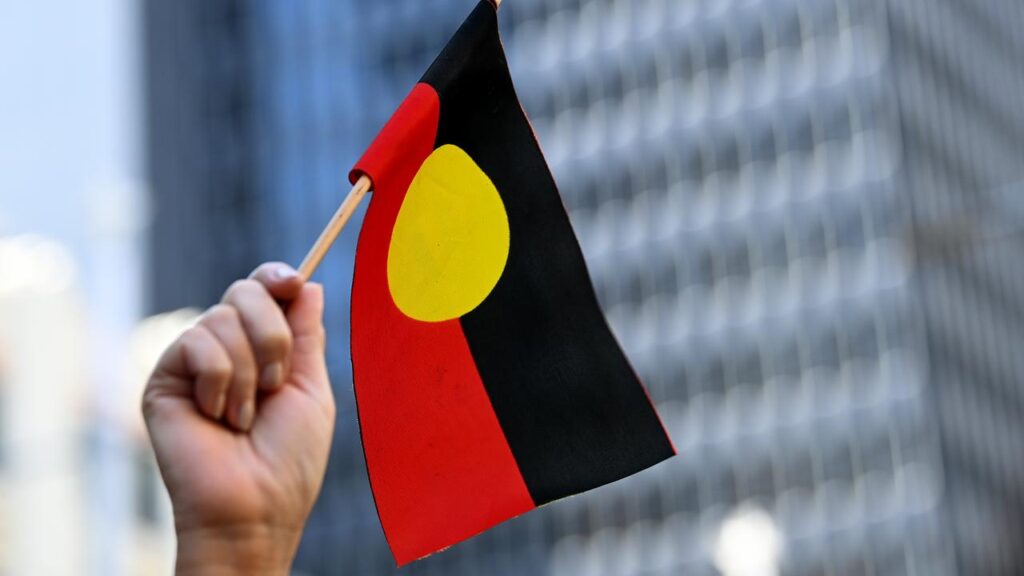Serious concern at high diabetes rate among Indigenous
Keira Jenkins |

Early intervention is key to tackling disproportionate rates of diabetes among Aboriginal and Torres Strait Islander communities, health organisations say.
Almost one in six Aboriginal and Torres Strait Islander adults have diabetes, according to data from the Australian Bureau of Statistics released on Wednesday.
The numbers are a serious concern but no surprise for Jason Agostino, senior medical adviser at the National Aboriginal Community Controlled Health Organisation.

“One in six adults with diabetes, and that being higher in remote areas is shocking,” he said.
“They’re some of the highest rates of diabetes in the world and three times higher than non-Indigenous Australians.”
The data found one in five people who had diabetes indicated through blood or urine test results did not report that they had been diagnosed with the condition.
This means a portion of the population is missing out on early intervention, Dr Agostino said.
Early detection is important, he said, with a number of Aboriginal community-controlled health clinics offering screening for diabetes from the age of 10.
“The earlier we can pick it up, the better we can do for that person, for them to live a long and healthy life,” Dr Agostino said.
The Institute of Urban Indigenous Health chief executive Wayne AhBoo said the data reinforces the importance of preventative health checks.
“What that means is that we’re picking up any early signs of chronic disease, which we can then help and address for our mob, or we can confirm if somebody does have a chronic disease and then provide the necessary treatment,” he said.
The institute has been running their Deadly Choices program in southeast Queensland for 15 years, which focuses on healthy lifestyle choices and encourages people to get their annual health check and other health initiatives.

Mr AhBoo said a recent expansion of the initiative into NSW, Victoria, Tasmania and the ACT is already having a positive impact for Aboriginal and Torres Strait Islander people.
“In the short period of time since July last year to January we’ve seen a 21 per cent increase in health checks,” he said.
Alongside early intervention measures, Dr Agostino said there must be an effort to address social determinants of health.
“Diabetes is influenced by whether you have access to clean drinking water, if you’ve got access to healthy and affordable food, if you’ve got space you can do healthy activities like exercise,” he said.
“There’s a lot to be done on the prevention side but unfortunately the way our health system is funded, much more is spent in hospitals than it is in primary care.”
AAP